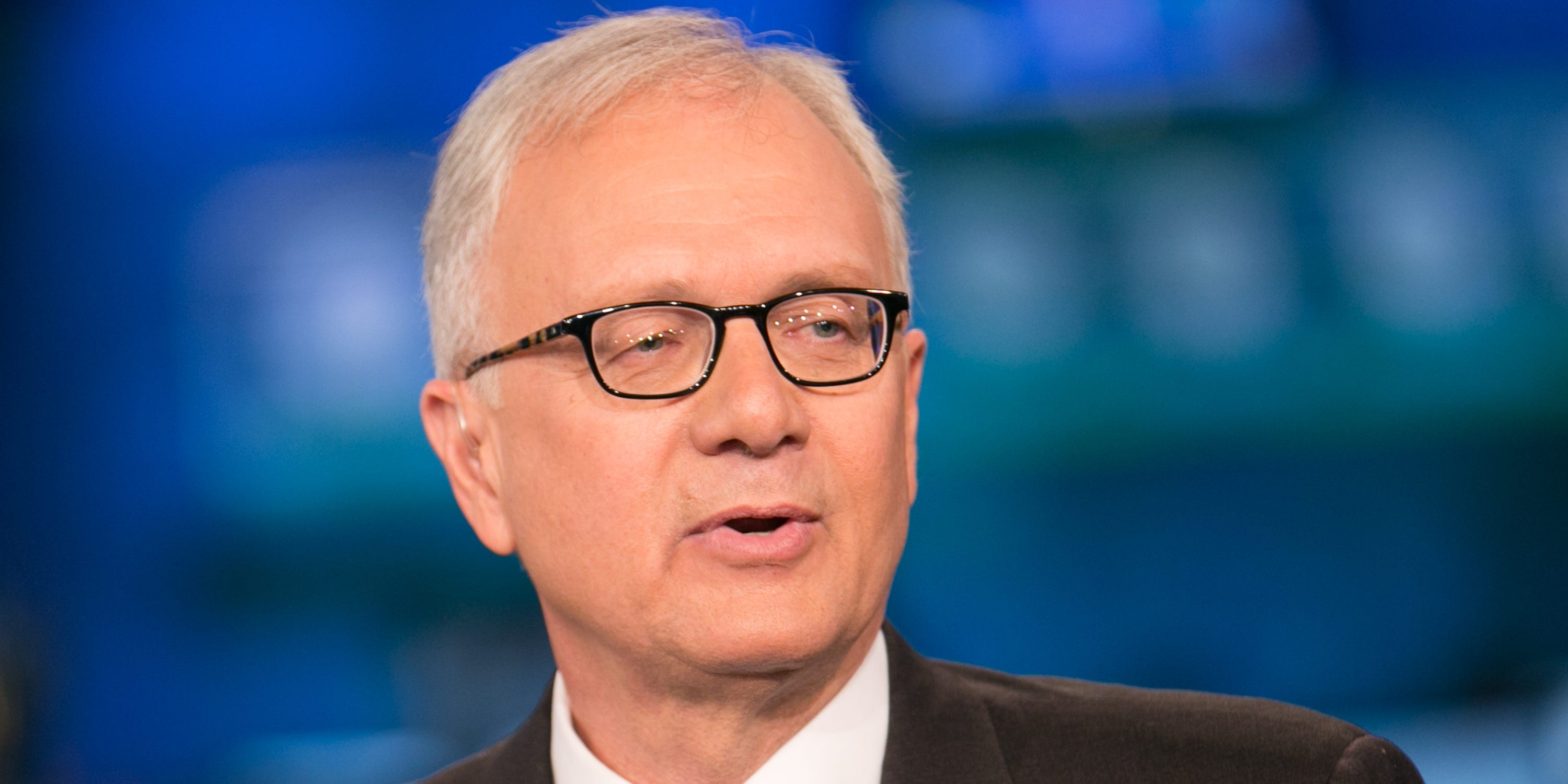The stock market could surge another 8% before year-end as the economy proves resilient, according to Ed Yardeni.Yardeni said strong consumers could prevent the economy from experiencing any “landing” at all.”The consumer just didn’t get the recession memo and they keep spending,” Yardeni said. Loading Something is loading.
Thanks for signing up!
Access your favorite topics in a personalized feed while you’re on the go.
Veteran investment strategist Ed Yardeni sees the stock market jumping as much as 8% before year-end as the economy proves to be more resilient than most expect.
Yardeni said in an interview with CNBC last week that consumers are on solid footing and their spending alone can prevent the economy from experiencing any type of “landing” that so many economists expect.
“I think what’s making the big difference for the [stock] market is the resilience of the economy. It’s been spectacular. Everyone’s been debating whether we’re going to have a soft landing or a hard landing. Meanwhile, there’s no landing whatsoever,” Yardeni said. “The consumer just didn’t get the recession memo and they keep spending.”
That dynamic, driven by a strong consumer, gives Yardeni confidence that the S&P 500 could finish the year at 4,300, which would be a solid turnaround from its mid-October depth of 3,491. At its low, the S&P 500 was down 28% from its record high, but at Yardeni’s target the S&P 500 would finish the year down just 10%.
Also helping boost the economy is payroll employment numbers, which “have been extremely strong,” Yardeni said.
“Jobs are increasing. Wages are increasing just a bit faster than prices. And you put it all together and consumers are in good shape. And there’s excess savings of $1 to $2 trillion. There’s a tremendous amount of liquidity still sitting on the balance sheet of consumers,” Yardeni said.
Another factor helping the economy avoid a hard landing is the fact that inflation is showing signs of finally easing, and Yardeni expects that trend to continue in upcoming CPI data. And moderation in inflation would give the Federal Reserve reason to pause its outsized interest rate hikes, which would no doubt be welcomed by investors.
“[The] durable goods inflation rate of consumer prices has come down. The price of energy continues to trend downwards. That will help lower inflation. I think durable goods inflation could show negative year-over-year prints by early next year,” Yardeni said.
As to recent chatter from Fed Presidents like James Bullard that a lot more interest rate hikes may be necessary if inflation remains elevated, Yardeni said he took it as a good sign that the stock market mostly ignored those comments.
“I took that very positively as a sign that the markets are kinda just getting bored here with all of this chatter coming out of the Fed. At the end of the day it’s going to be about the economic indicators… And I think the data is going to show the economy is hanging in there and inflation is moderating,” Yardeni concluded.
